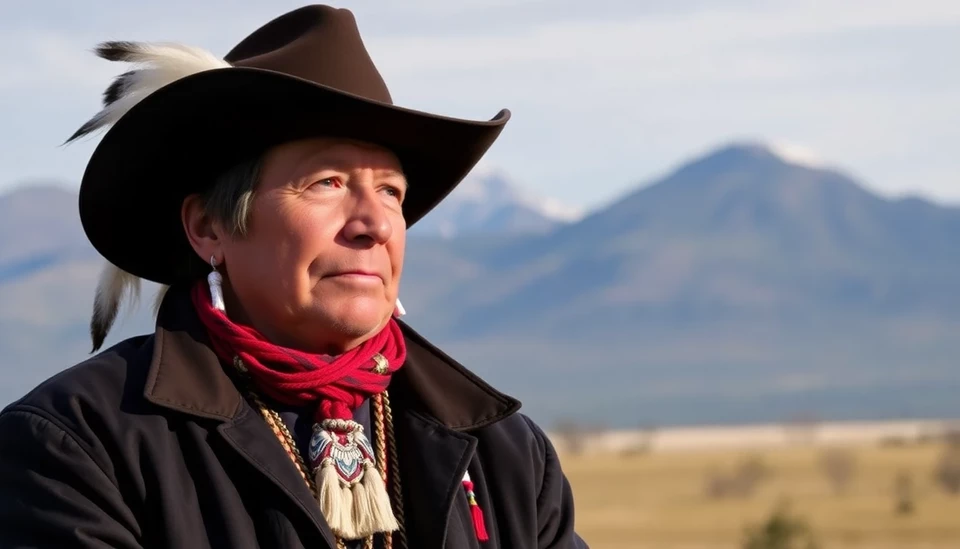
In a significant legal development, the Blackfeet Nation has initiated a lawsuit in response to tariffs implemented by former President Donald Trump on Canadian lumber products. This legal action underscores the ongoing repercussions of Trump’s trade policies, particularly on Native American tribes who are grappling with the financial fallout from these tariffs.
The Blackfeet Nation, whose territory is located in Montana bordering Canada, argues that the imposition of these tariffs has severely impacted their economy and operations, particularly in industries reliant on lumber. This lawsuit marks a notable shift as tribes increasingly seek legal recourse to protect their economic interests and sovereignty.
Tribal officials state that the tariffs, which were a part of Trump's efforts to renegotiate trade agreements favorably for American workers, have led to increased costs for imports needed in construction and other tribal initiatives. The Blackfeet Nation maintains that this not only hinders their economic growth but also contravenes existing trade agreements and Native American rights.
The suit filed in federal court claims that the tariffs are unfairly punitive and discriminatory, affecting the tribes disproportionately compared to other businesses. Legal experts note that this case could set a precedent encouraging other tribes to take similar steps in safeguarding their interests against federal policies they perceive as harmful.
This lawsuit highlights the complex relationship between indigenous groups and federal trade policies, which often overlook the needs and perspectives of Native Americans. The Blackfeet Nation's legal team hopes that the court will recognize the economic injustices resulting from the tariffs and look favorably on their petition for relief.
As the economic landscape continues to evolve post-Trump administration, the outcome of this lawsuit could reverberate widely, potentially reshaping how trade policies are formulated in relation to indigenous nations and their rights. The Blackfeet Nation is asserting its voice in a matter that profoundly affects their community, standing firm against policies they view as detrimental to their sovereignty and economic welfare.
As more tribes contemplate taking similar legal action, the implications of the Blackfeet Nation’s lawsuit may pave the way for a more nuanced dialogue on the intersection of indigenous rights and national trade policies.
In a time when indigenous rights are increasingly gaining recognition, this landmark lawsuit reflects not only the specific grievances of the Blackfeet Nation but also a broader movement advocating for justice and equality. The outcome will be watched closely by various stakeholders, including policymakers, economic analysts, and advocates for indigenous peoples.
This case serves as a pivotal moment for the Blackfeet Nation and could potentially influence future legislative discussions and judicial rulings surrounding trade regulations and their impact on Native American communities.
#BlackfeetNation #TrumpTariffs #IndigenousRights #Lawsuit #TradePolicy #NativeAmericanEconomy #JusticeForTribes
Author: Laura Mitchell




